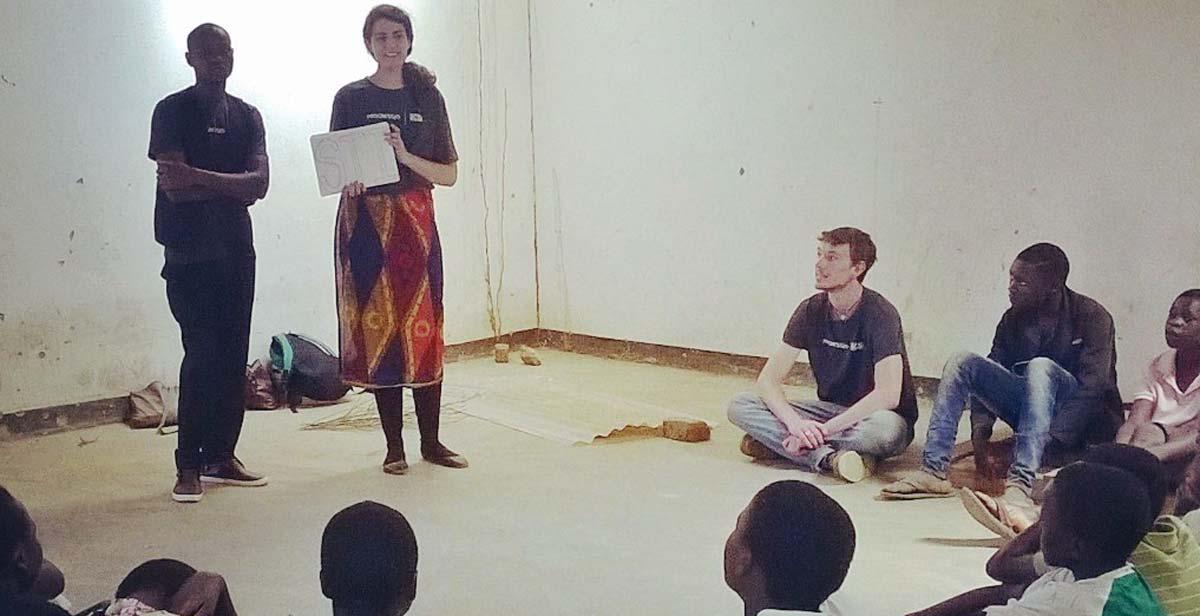I would like to begin with a story my parents used to tell me…
Once upon a time, an old man was hard at work planting date trees when a youth approached him and asked how long it would take for the trees to bear fruit. “20 years” said the man. The youth, surprised, asked him why he was going through so much trouble when, because of his old age, he may never live to see the fruit. The old man smiled and explained that the generations before him had selflessly planted date trees for him to enjoy and so now it was his turn to pass on the favour to those who’d come after him.
Throughout my ICS journey, this story has come to mind time and time again, and as my placement draws to a close I’ve found myself thinking more and more about the volunteers who will come after us and the legacy we are leaving behind.
At our pre-departure training in the UK, we were each given a post-it note and asked to identify the things that worried us about engaging in ICS. I remember a number of more obvious concerns, getting sick for example (which by the way - not fun!), but I also remember trying to untangle an impossible knot in my stomach. This was a once in a lifetime opportunity to make a difference in a developing country. But what if I didn’t? What if I came all this way and realised I wasn’t cut out for planting date trees?
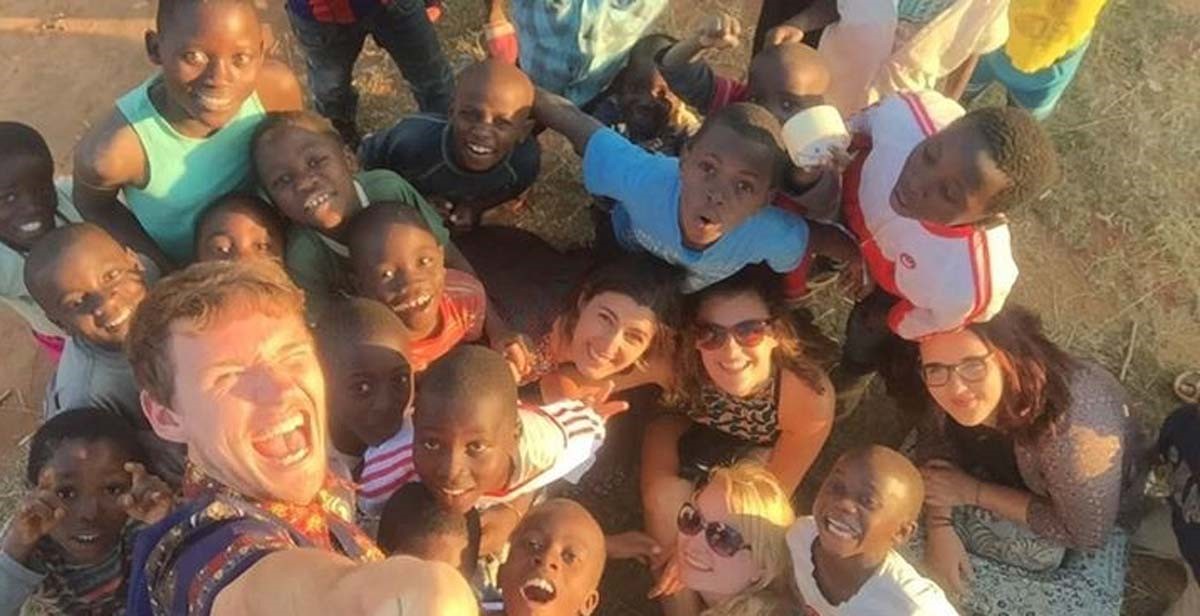
Sustainability is a big deal. It’s the difference between planting a date tree and handing someone a date… Or, for example, teaching someone about sexual health or giving them a condom. I don't mean to imply that there is anything wrong with giving people condoms, because this is definitely something my team has done a lot of in the past 10 weeks. Our teams focus was Sexual Reproductive Health and Rights (SRH&R), and I have to say, I never expected to spend my summer surrounded by so many fake penises, which I’m sure my incredibly religious mother would be happy to hear. But in every village we would visit, people would ask us questions, we would answer them and they would thank us. Every peer education session started becoming a little less scary and every day in the field a little more rewarding.
There are still times I contemplate the sustainability of our projects. What if we were to deliver our sessions on the importance of using condoms and getting HIV tested, but after we leave the condoms run out and there are no HIV testing and counselling (HTC) services available? We have worked hard, and achieved more than I ever could have imagined in a single summer. It would be incredible to think that all our efforts would have a lasting impact on the people we've reached out to. But over my ICS placement, I have begun to understand development as a ‘process’ and from working with Tovwirane (our local partner organisation) and Progressio, I have faith that with time, love and patience the work we have done will serve as a strong foundation for future cycles to build on as they join in tackling HIV. I am deeply honoured to have become a part of this process, and to offer whatever parts of myself I could to the development of our project.
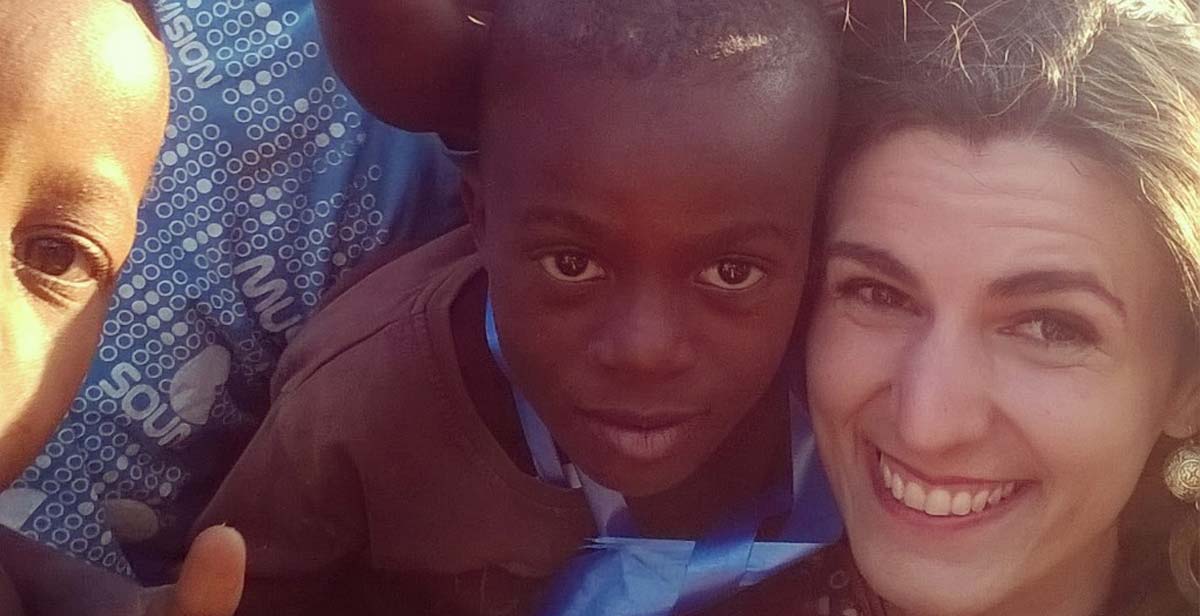
Volunteering has given me so much, including a very special friendship that has grown beyond my wildest expectations...
You see, Malawi and I are no longer mere acquaintances. We don't talk about the weather before awkwardly parting ways, muttering excuses about the 'things' we have to do with our days. Malawi and I have stayed up until 2 in the morning, complaining about the music and preaching blazing from the nearby church. Malawi and I have been flattened against the windows as our minibuses filled way beyond capacity and clung to each other for dear life as we've flown over potholes and ditches. Malawi and I don't nod politely to each other when we make eye contact across a crowded room. We are huggers, and only mildly apologetic to the people we push past in our enthusiasm. Malawi and I have spent ages braiding each other’s hair and talking about boys. We know each other’s secrets, and I know they're safe. Although my future is taking me elsewhere, I know Malawi will always be a part of me, and I hope that feeling is mutual. I hope Malawi understands the utmost clarity with which I can say she has changed me, and pushed me to become even more myself than I was before.
So, that impossible knot in my stomach I mentioned earlier… is it gone? The short answer is no. But then again, I’ve never been one for shortcuts.
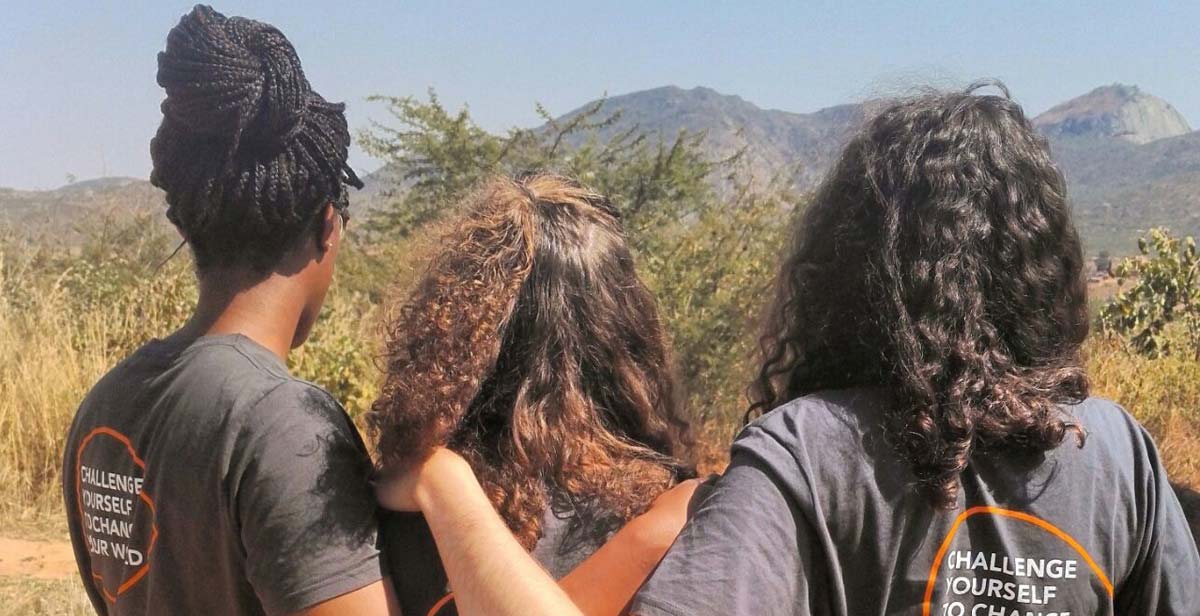
The long answer is that I have had an incomparable experience in the Warm Heart of Africa. I have made friends who have become my family and filled my heart with moments and discoveries I wouldn’t change for the world. But with my love for Malawi and my growing understanding of the issues it is facing, also comes an increasing sense of urgency. Our brothers and sisters here are facing struggles every day, such as the spread of HIV, and they require urgent attention. The last 10 weeks have pushed, challenged and enlightened me on the importance of the work we've been doing, but with our flight home just around the corner I can't seem to shake the sense of unease, as I leave this beautiful country behind me. But out of the very long list of things I have to be thankful for, I have to say, this unease is by far the most valuable thing I am taking back home with me.
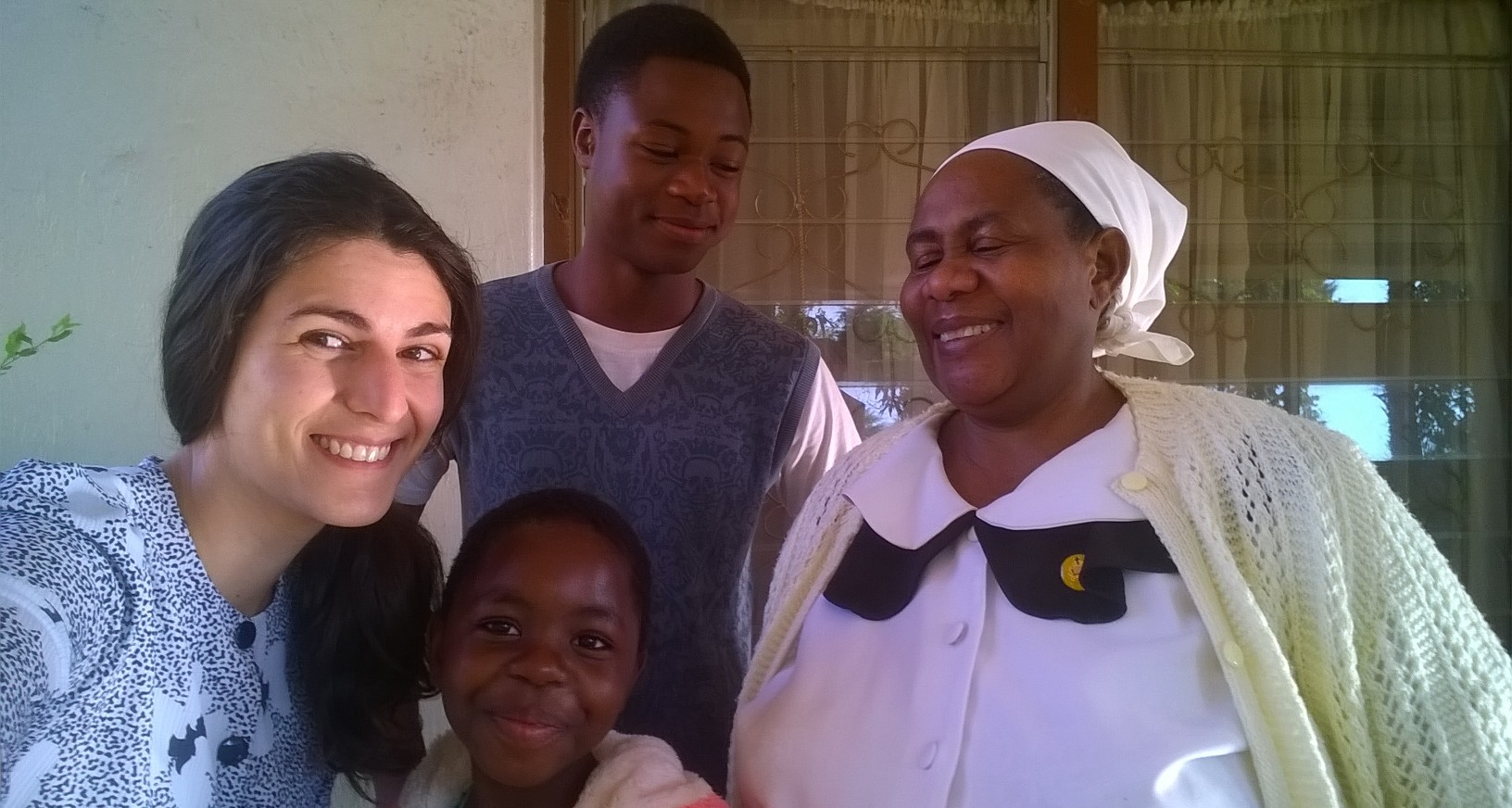
The truth is, at the end of the day, I never want to go to bed satisfied with how much I have given to the world, as there is always going to be more. There are always going to be more seedlings you can plant and people to connect to. Although my placement with ICS may be over, I stand here before you, as a volunteer on a mission that doesn’t end with a plane ticket home. The fight is far from over, and I have Tovwirane, Progressio, my ICS family and all the people who helped get me here to thank for what they have turned me into; an agent of change and a humble gardener, planting seedlings in a community that has given me so much.
Written by ICS Alumni Ingrid Johnson (July - September 2016 cycle, Team Tiwale, Mzuzu, Malawi)


